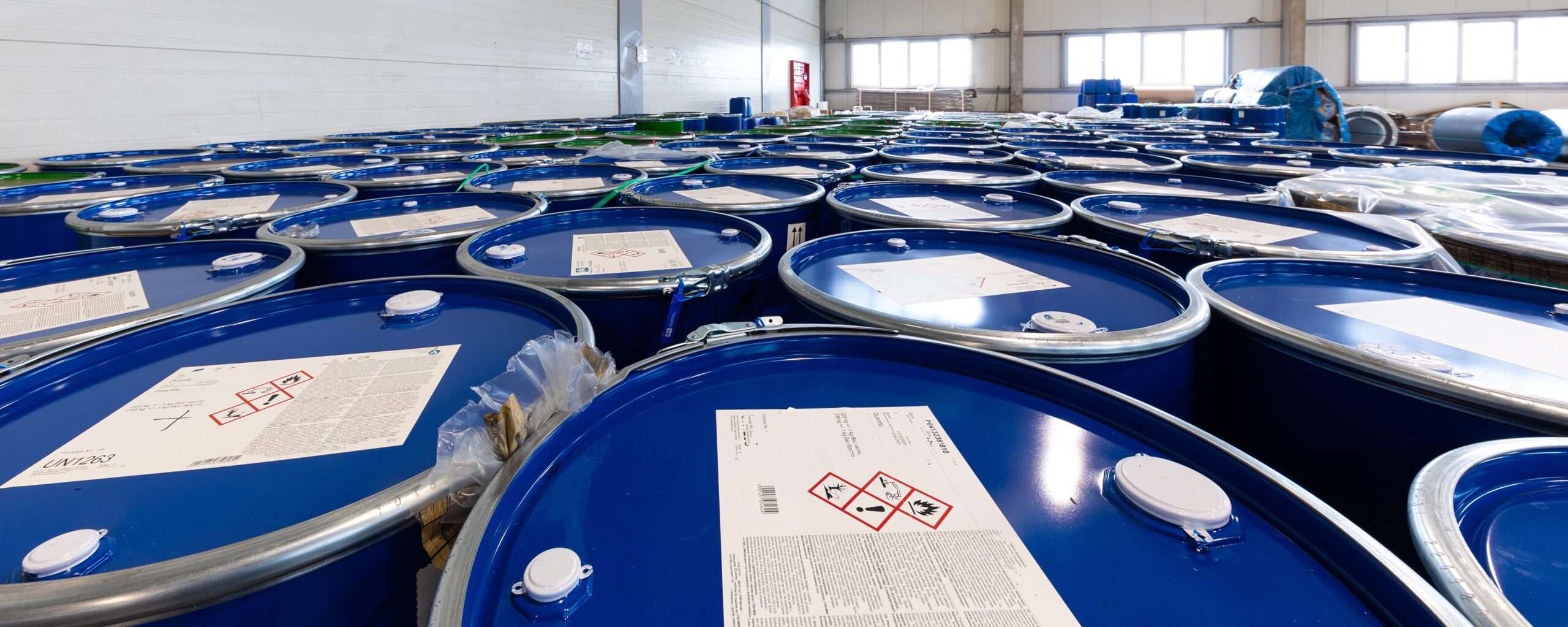
Lab relocation specialists help public and private companies, businesses, and institutions manage the process of moving their laboratories. Understanding the unique requirements of moving labs is as challenging as it is demanding. It involves various multifaceted tasks, from meticulous planning and understanding of chemical properties to knowledge of decontamination methods and transportation regulations. Most importantly, each step must be carried out precisely and in compliance with all relevant regulations to ensure a safe and efficient move.
Because relocating a scientific laboratory is a complex and significant undertaking, it requires careful consideration of numerous factors to ensure the transition is completed successfully. If you are planning on relocating your lab in the near future, here are 5 important factors to consider before moving your lab that can help ensure the relocation is a smooth one:
1. Plan the Relocation Early
Successful lab relocation projects hinge on thorough early planning and readiness to address potential problems and costs. It’s important to develop a comprehensive plan outlining every step of the relocation process–planning, coordination, and execution, to ensure safety, regulatory compliance, and minimal disruption when relocating. Making a detailed project plan early on also helps identify any potential issues, defines the extent of the project, allows for budgeting, and establishes a realistic timeline for the move, including key milestones and deadlines to minimize downtime.
2. Hire a Lab Relocation Specialist
Although often overlooked, it’s advisable to hire an established relocation partner as soon as possible—one with a solid history in managing intricate lab relocations. Lab relocation specialists are professionals who assist in planning and executing the process of moving a laboratory from one location to another. They provide expertise in managing the unique challenges of transporting lab equipment, specimens, and data. They develop detailed plans to minimize disruptions, ensure business continuity, and help lab staff adapt to the new environment. Their goal is to make the transition as smooth and efficient as possible.
3. Regulatory and Compliance Issues
Another important factor to consider in a lab relocation is to ensure the lab is in compliance with regulations involving the moving of hazardous materials from one lab to the other. Unlike other projects, preparing and moving potentially hazardous materials and equipment must be managed to adhere to federal and state guidelines and regulations to ensure public safety and minimize any environmental risks associated with the materials. This is another important role experienced lab relocation specialists play. Rather than risk fines and other penalties for non-compliance, hire only qualified professionals with the expertise and experience to ensure that all materials are packaged, handled, and transported in compliance with all safety and regulatory standards.
4. Update Your Inventory and Move Only What’s Needed
Planning and preparing your lab relocation presents the perfect time to update your chemical and equipment inventories. There’s no reason to move outdated, unnecessary, or unused materials and equipment. Unused or surplus equipment may be donated. This would include items such as laboratory equipment, plastic ware, glassware, and excess office supplies. On the other hand, broken equipment and any chemical, biological, or radioactive supplies and materials that are dated or waste must be identified and disposed of before relocating. Waste containers, even empty ones, should not be moved to your new location. Instead, consult with your lab relocation specialist or contact your hazardous waste management provider to arrange the safe removal and disposal of any dated or used hazardous materials and containers.
5. Post Relocation Lab Decontamination
Once you have relocated your lab to a new facility, the old facility needs to be properly decommissioned. If your lab has been conducting R&D with any chemical, biological, or radioactive materials, then that laboratory needs to be decontaminated by experienced professionals to ensure the facility is free of hazardous materials. Research laboratory decommissioning procedures are a standard practice that must be adhered to to relieve your company of any potential and existing hazardous material contamination due to prior research activities at the site.
If you’re planning a move, Maine Labpack, Inc., specializes in relocating laboratories. Our team of lab relocation specialists will help you safely and efficiently perform a successful lab relocation and ensure that your lab move will fully comply with hazardous materials regulations. To learn more about our lab relocation and waste disposal services, contact us today to speak with one of our lab relocation experts.
